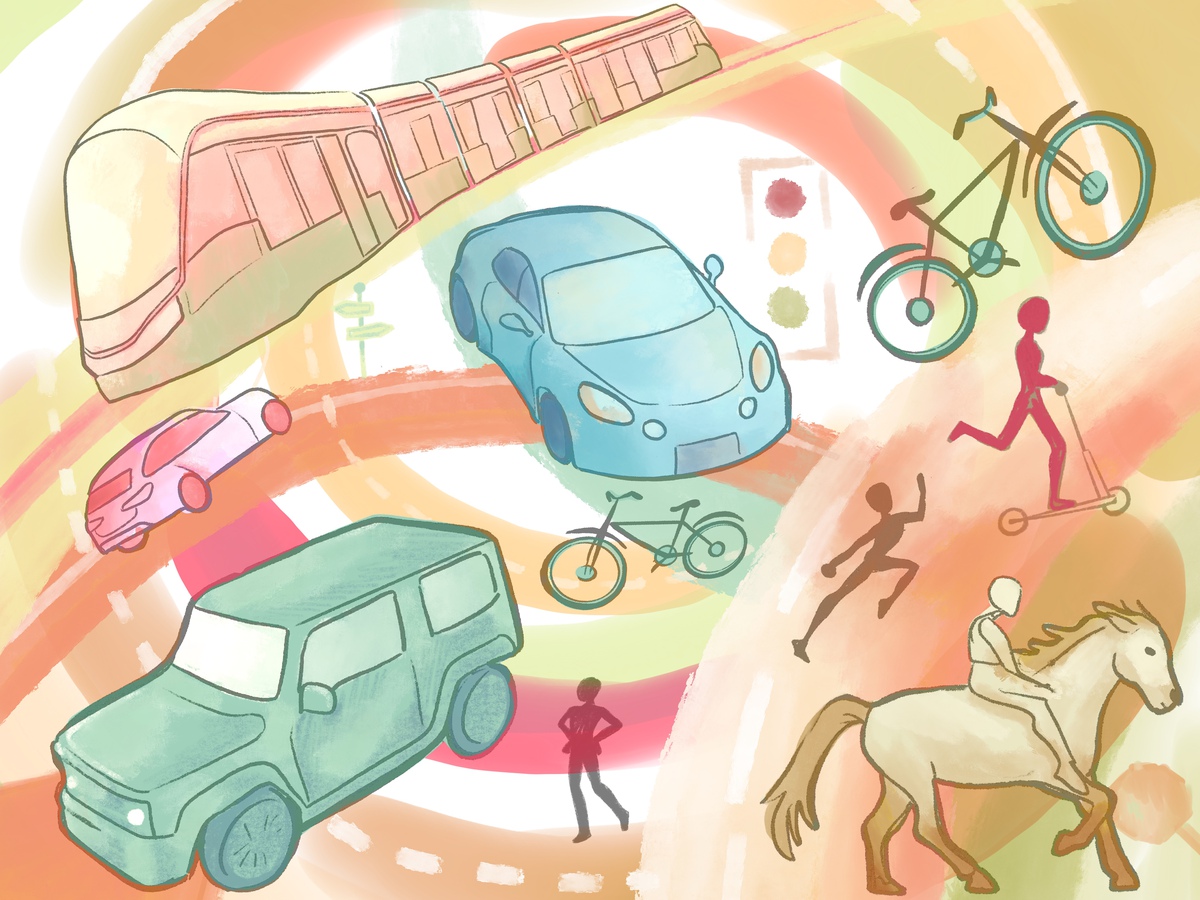Editor’s note: This column was submitted to the Texan by a member of the UT community.
Imagine if somebody proposed replacing Guadalupe Street, from Airport Boulevard through UT and downtown, with a highway, which would carry interstate traffic from Mexico to Minnesota. The idea is absurd. One could hardly think of a worse place for an interstate. Coming close, perhaps, is the portion of Interstate-35 that runs through central Austin.
The reasons that we have an interstate highway cutting through the middle of our city are ugly. In 1962, I-35 replaced tree-lined East Avenue — a location chosen for the explicit purpose of solidifying the racial segregation line that was put in place in 1928. While racism explains why I-35 landed where it did, there is more to the story of urban highways than that. The political power of the car industry, in combination with other social phenomena in the mid-twentieth century, resulted in American infrastructure being built almost exclusively around cars, sending our country into a spiral of car dependency in which urban highways played a crucial role.
But, the story is not over. Astonishingly, at this very moment, TxDOT is working on a proposal to expand I-35 through Austin to up to 22 lanes. Such a plan would entrench us even deeper into car dependency because when you expand a highway you encourage more driving while, simultaneously, making it more difficult to travel in other modes. The widened highway also incentivizes car-reliant development and sprawl. The additional cars on the road then need a place to park. More parking lots make things further apart from one another, making it more difficult to walk or bike, incentivizing more driving … and we’re off to the races. Ironically then, highway expansions never solve congestion and often make it worse by feeding into the cycle of car dependency. After expanding the Katy Freeway in Houston, for example, commute times during evenings increased by 55%.
Car dependency in cities isn’t just unpleasant — it’s harmful. It is bad for the environment, kills over a million people a year and severely restricts who gets to move around. Children, people who can’t afford cars and the elderly are stuck at home or reliant on others. And our car-centric infrastructure also isolates us from one another. The roads we’ve built don’t offer spaces that allow for organic social connections to emerge, which has been shown to impact people’s sense of belonging.
There are much better ways for us to live and move together, but they will require a paradigm shift. Rethink35 is asking for a comprehensive study into a proposal which, instead of expanding the highway, would reroute it around town onto existing roads like SH-130. We could then reimagine the road that runs through our city as a boulevard with dedicated bus lanes, wide sidewalks, bike lanes, green space and — yes — some car lanes. Such a road could not only carry more people than a highway but could also provide housing, business and all manner of delights. It could be a place to go to, not just a place to go through.
Highway-to-boulevard projects are gaining steam across the country and have been success stories time and time again. Students at UT would certainly benefit more from a boulevard with housing than from an enormous highway running through their campus. But, even more importantly, the critical choices we make about transportation at this juncture are going to shape the kind of environment, and society, in which today’s youth will be living their entire lives.
Schoenfield is a philosophy associate professor at UT and board member for Rethink35, a highway expansion opposition organization.















